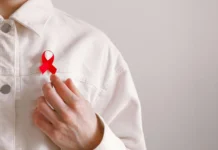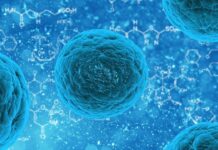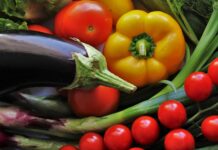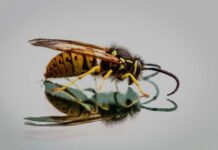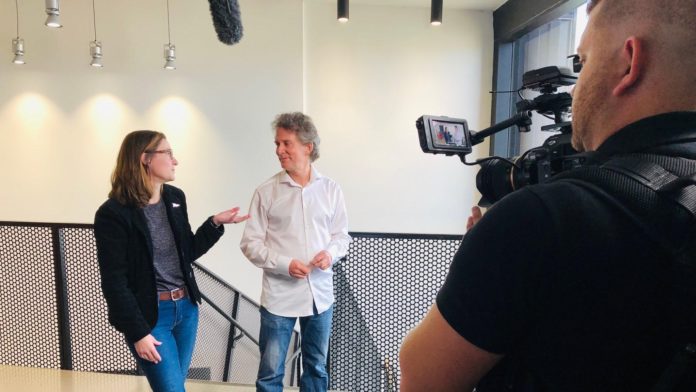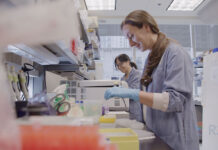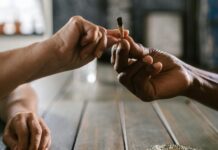Sarah Burke is an Associate Professor of Physics at the University of British Columbia whose research uses scanning probe microscopy techniques to investigate materials all the way down to the atomic level. We asked her everything from her dual love of teaching and research to what she gets up to around Vancouver in hopes of giving you a better understanding of what goes on outside the lab for one of the best minds in Canadian research.
What do you like most about being a researcher?
One of the most exciting things about being a researcher is the moment when you first see something new. My favourite moments have been late nights at the lab where something crazy pops out of the data, and in these moments, I am probably the only person in the world who knows that that material does that thing.
The next best is getting to share it with the world! Now that I’m not in the lab so much, the best part is getting to see the people who work in my group develop and push their own science in new directions.
What advice would you give young researchers?
Get into a lab. If you don’t like it, try a different area. Research work is so different from coursework, and different research areas not only focus on different ideas but also operate in different ways. Getting some experience means you get to see what works and maybe what doesn’t work for you.
And in the end, if you don’t love it? That’s okay too. Having well-informed citizens with that experience in the research environment influencing policy, industry, and the next generation of learners will help shape a stronger, evidence-based society and help promote science in a very realistic way.
What inspired you to become a researcher?
I was lucky to get into a research lab as an undergraduate student, and although I had no idea what to expect, I instantly loved doing research. So much so, I was torn between a research career and teaching, which was my first path. I’ve been fortunate enough to be able to pursue both as a professor, in part thanks to a friend who reminded me that professors do both of these things!
What do you like to do for fun?
Being based in Vancouver, I love to get out into our beautiful wilderness for hiking, skiing, running and more. I do it a little less lately since most of my spare time is spent chasing a toddler, but I’m slowly introducing him to the many outdoor activities we have at our fingertips here too!
What’s your favourite cuisine?
I’m not an adventurous eater, which is a shame here in Vancouver where there are so many different types of cuisine. I tend to default to French, which my mom cooked a lot of (and I love my mom’s cooking still!).
If you could do any profession other than your own what would it be?
I originally planned to be a teacher, so probably I would default to that. I have also contemplated being a children’s book author and running a yarn store as I was an avid knitter in grad school.
If you could meet any historical figure, who would it be and why?
Although there are plenty of interesting historical figures, if time travel is an option, I’d rather talk to a scientist from the future. Did quantum computing change the world? Did we manage to stop and remediate our climate crisis? Has AI brought about improvements in health, materials discovery, and more, or just make marketing more efficient?
If this time travel machine is unidirectional and I can only pick the past, then in science, I’ve long been fascinated by Maria Goepert-Meyer. Her work covered an impressive breadth, and I’d love to pick her brain about some of today’s problems as well as learn about how she overcame barriers as a woman in physics during her time.

